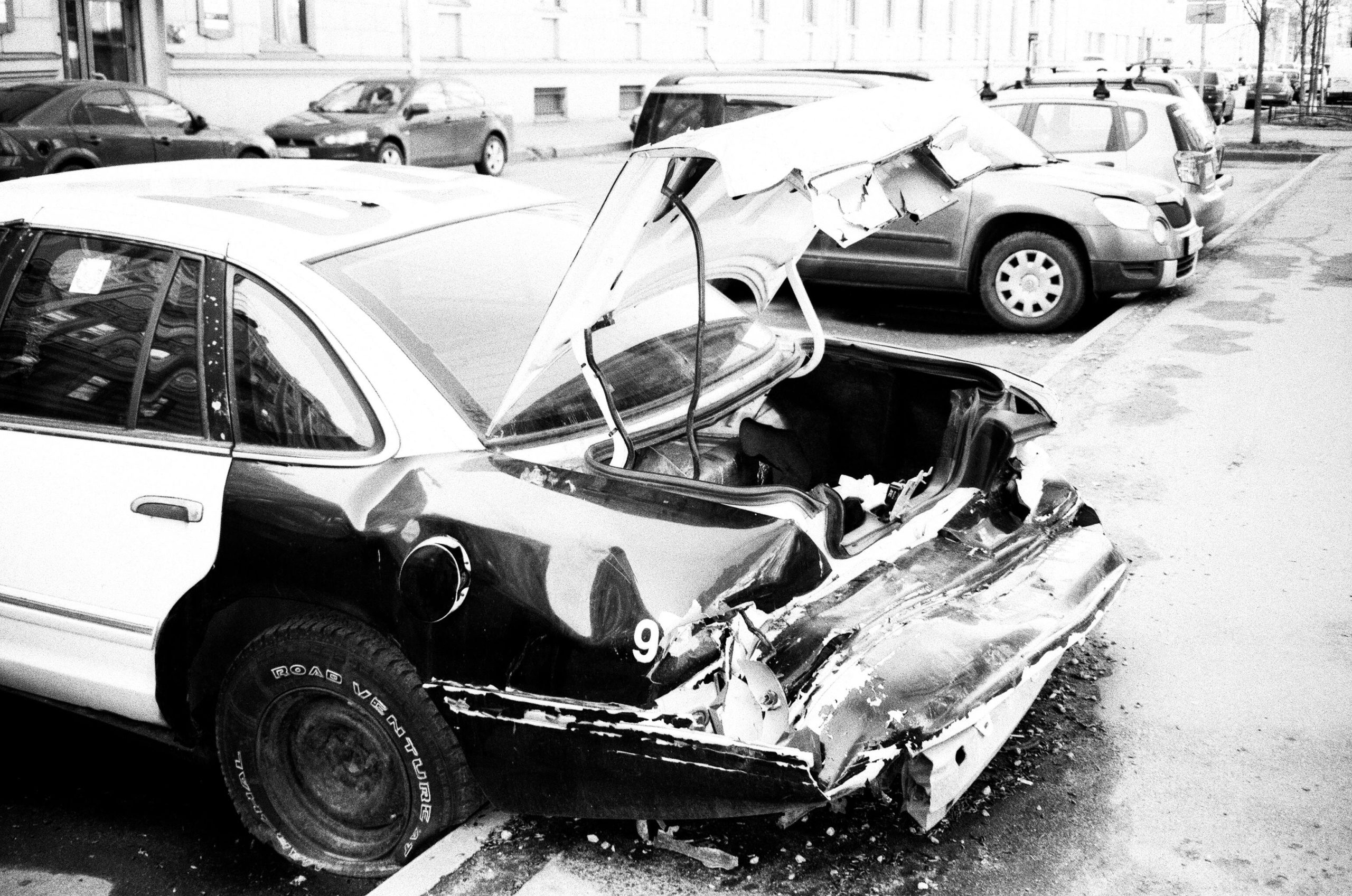 In a recent case, the Louisiana Court of Appeal, Fourth Circuit, dismissed an appeal involving a lawsuit against the Bourbon Orleans Hotel. The dismissal was not based on the merits of the case but on a procedural technicality: the lack of a final appealable judgment.
In a recent case, the Louisiana Court of Appeal, Fourth Circuit, dismissed an appeal involving a lawsuit against the Bourbon Orleans Hotel. The dismissal was not based on the merits of the case but on a procedural technicality: the lack of a final appealable judgment.
In 2014, a group of hotel guests filed a lawsuit against the Bourbon Orleans Hotel, alleging they were victims of a robbery and assault in their room. They claimed the hotel failed to provide adequate security. The hotel sought summary judgment, arguing the plaintiffs lacked evidence to support their claims. The district court granted the hotel’s motion.
The plaintiffs appealed the district court’s ruling. However, the Court of Appeal dismissed their appeal without prejudice, focusing on the wording of the district court’s judgment. The judgment lacked specific “decretal language,” clearly stating the parties involved, the ruling, and the relief granted or denied.
 Insurance Dispute Lawyer Blog
Insurance Dispute Lawyer Blog


 In personal injury law, car accidents at intersections are all too common. However, the case of
In personal injury law, car accidents at intersections are all too common. However, the case of  A recent Louisiana Court of Appeal decision has underscored the significance of expert testimony in medical malpractice cases. The case, Mariakis v.
A recent Louisiana Court of Appeal decision has underscored the significance of expert testimony in medical malpractice cases. The case, Mariakis v. In the realm of workers’ compensation, ensuring injured employees receive necessary medical treatment can sometimes be a battle. A recent Louisiana Court of Appeal decision, Deubler v. Bogalusa City Schools, highlights the complexities surrounding the Louisiana Medical Treatment Guidelines and the process of obtaining authorization for treatment. This case serves as a reminder of the importance of adhering to these guidelines while also recognizing the need for flexibility when circumstances warrant it.
In the realm of workers’ compensation, ensuring injured employees receive necessary medical treatment can sometimes be a battle. A recent Louisiana Court of Appeal decision, Deubler v. Bogalusa City Schools, highlights the complexities surrounding the Louisiana Medical Treatment Guidelines and the process of obtaining authorization for treatment. This case serves as a reminder of the importance of adhering to these guidelines while also recognizing the need for flexibility when circumstances warrant it. A recent ruling from the
A recent ruling from the  In a recent case, the Louisiana Court of Appeal emphasized the importance of adhering to the strict formalities required to execute a valid will. The case, In the Matter of the Succession of Sandra Gabor Dale, involved a dispute between siblings over their mother’s estate after a later will was deemed invalid due to improper execution.
In a recent case, the Louisiana Court of Appeal emphasized the importance of adhering to the strict formalities required to execute a valid will. The case, In the Matter of the Succession of Sandra Gabor Dale, involved a dispute between siblings over their mother’s estate after a later will was deemed invalid due to improper execution. A recent
A recent  In the complex world of insurance coverage disputes, a recent
In the complex world of insurance coverage disputes, a recent  A recent decision by the
A recent decision by the  A recent
A recent